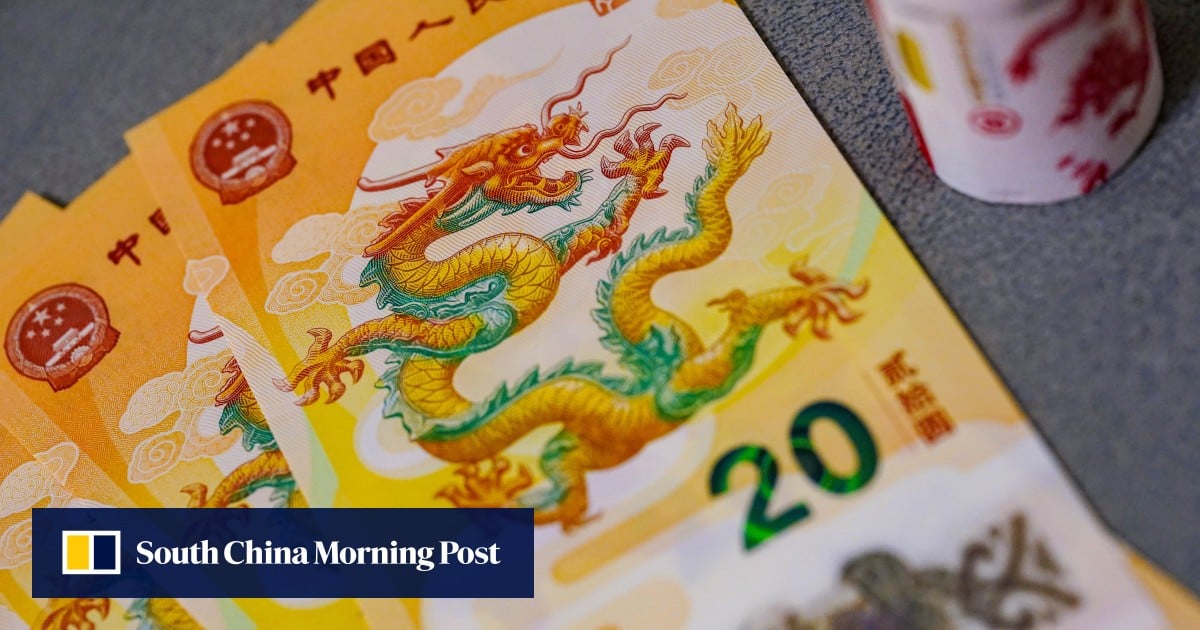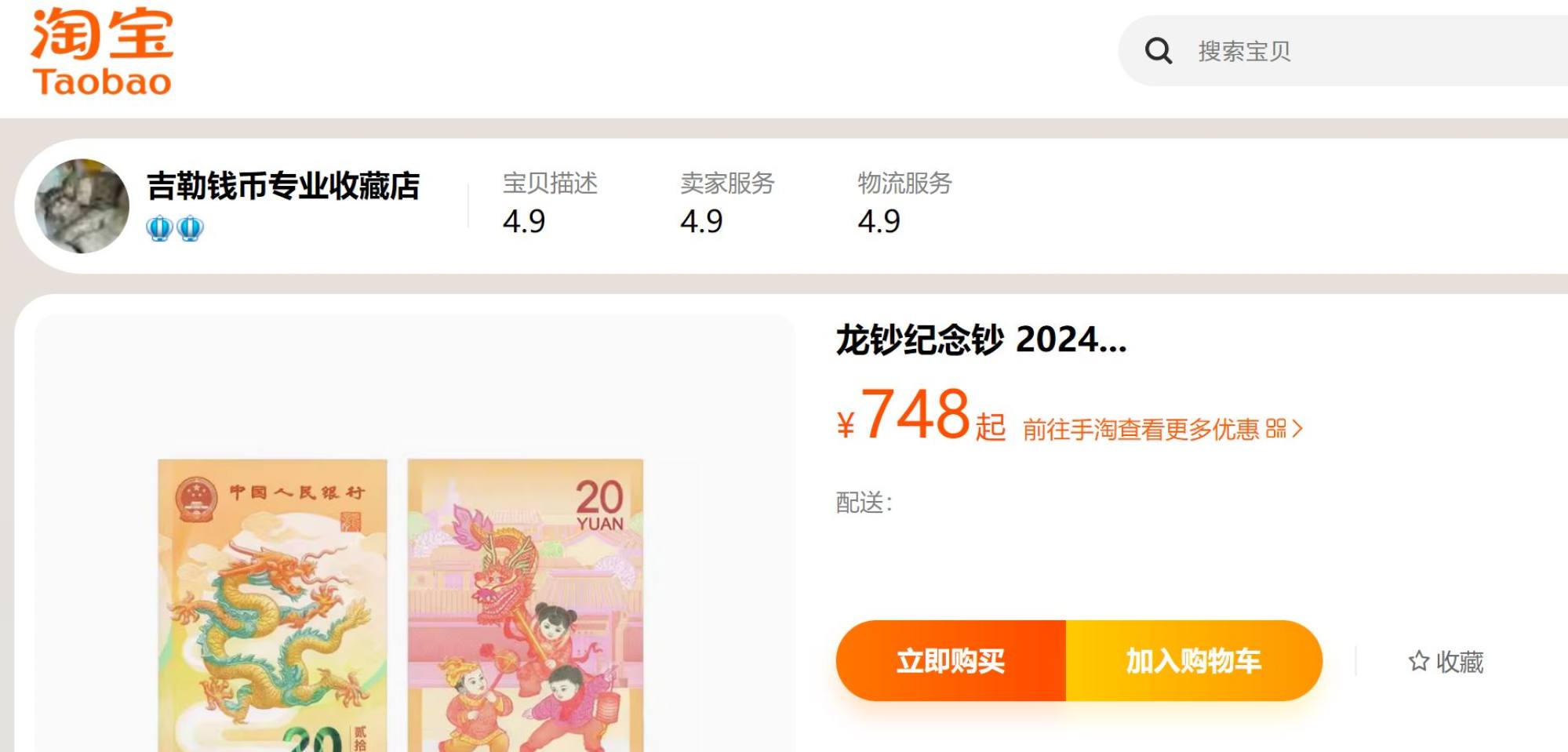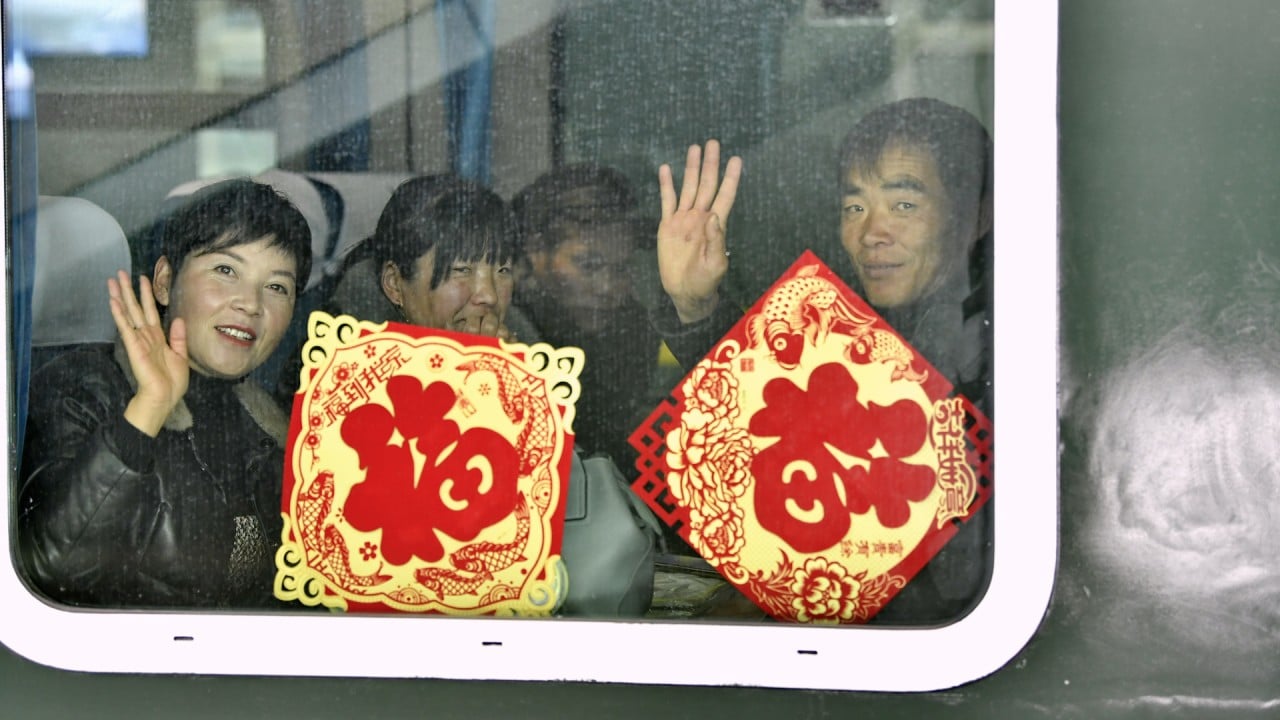
11 Feb Year of the Dragon: China’s commemorative coins, notes are multiplying in value on Taobao, JD.com auction platforms
On Alibaba Group’s Taobao site, a reseller known as Ji Le Professional Coin Collector is asking 748 yuan for a batch of 10 pieces of banknotes denominated in 20 yuan each. A batch of 10 notes bearing consecutive serial numbers is listed at 800 yuan. In a February 7 listing, a rare batch of 100 notes bearing consecutive serial numbers, excluding 4 and 7 digits deemed unlucky in Chinese culture, is priced at 12,300 yuan.
“The prices are determined by market forces and there is quite a big demand for these coins and notes,” said a customer service representative at Ji Le, who declined to be named because she is not authorised to speak to the press. “They are not cheap, and our store is buying the dragon notes from others at 60 yuan each.”

The People’s Bank of China unveiled in December a set of dragon legal tender – comprising 10-yuan gold coin, 3-yuan silver coin, 10-yuan copper-alloy coin and a 20-yuan note – in conjunction with the Chinese Lunar New Year that begins on February 10. The total amounted to 3.2 billion yuan (US$450 million). Only the latter two types were available for online reservation.
The currency, decorated with the mythological creature that symbolises prosperity and good luck, were snapped up within 24 hours after they were released online on January 3. Such collectibles often increase in value over time, while others see them as a chance to make a profit.
“The economic outlook is not looking great, so this is an opportunity for those looking to make a quick buck,” said Shen Meng, a director at Chanson & Co, a Beijing-based investment firm. “This speculative behaviour has no objective basis for value.”
Hong Kong stock market in for a topsy-turvy ride in Year of the Dragon: CLSA
Hong Kong stock market in for a topsy-turvy ride in Year of the Dragon: CLSA
China’s central bank distributed the commemorative currency through local branches of the country’s biggest lenders including the Industrial and Commercial Bank of China and China Construction Bank. Local media reports showed eager collectors lining up for hours in front of the designated distributor banks. Some have queued as early as a day ahead.
On January 18, the PBOC’s Shanghai headquarters had to suspend in-person distribution of the special currency issue until further notice to “ensure public safety.”
Yang Xinyue, a high-school teacher in Beijing, got her 20 dragon coins after making two attempts to book them online. But not before making a long trip to a distant bank branch and 90 minutes in the waiting line.
“I’m guessing some bank branches in the city centre have a limited quota for how many notes and coins they can distribute on a given day,” she added. “So when I booked for the second time, I chose a branch that’s quite far away in the outskirts, and it worked.”
Yang said she had no intention to be part of the reselling craze as she wanted to keep the dragon coins as a souvenir.
“Some people collect these coins and notes because of the significance of the dragon in Chinese culture,” said Gao Wei, a retail account manager at an ICBC branch in Beijing. “It is for the expectations and well wishes it symbolises.”


